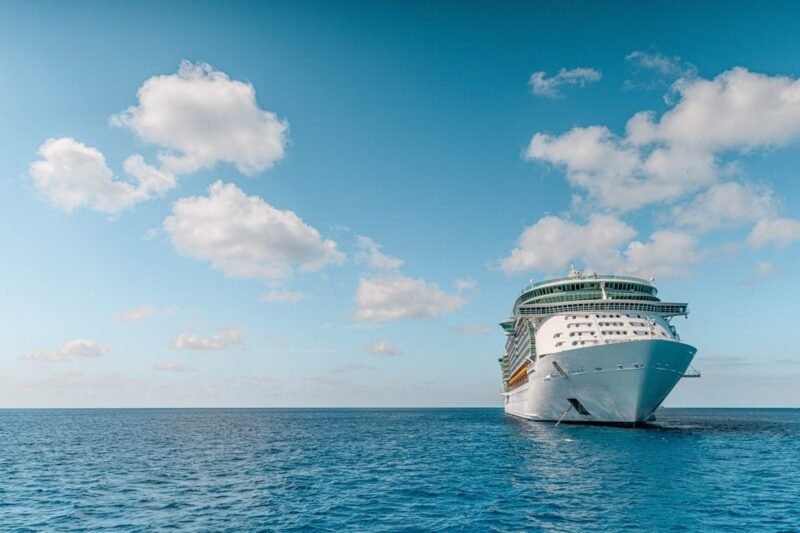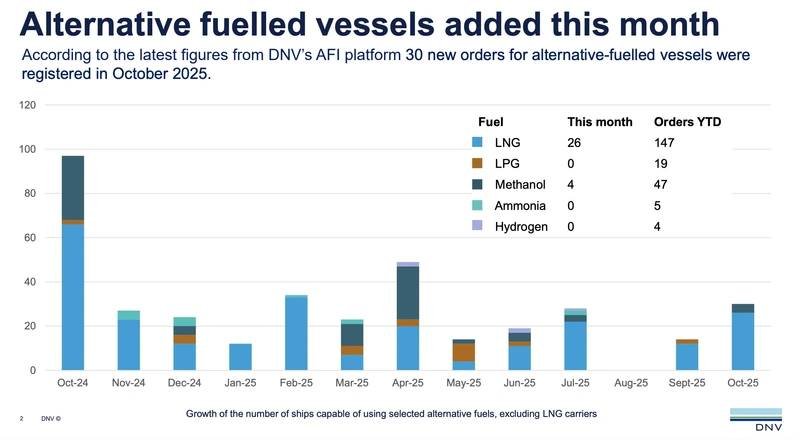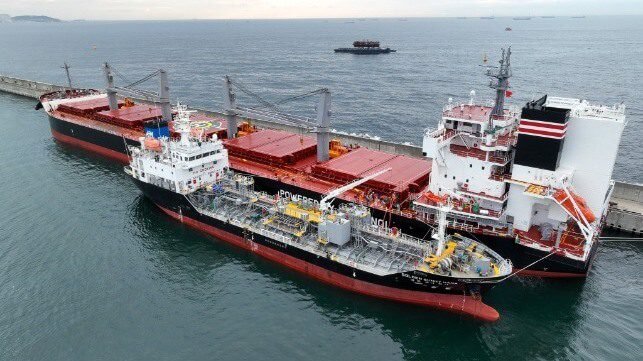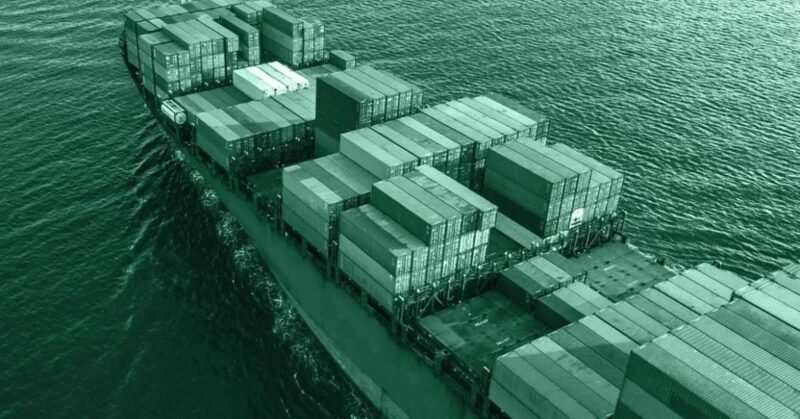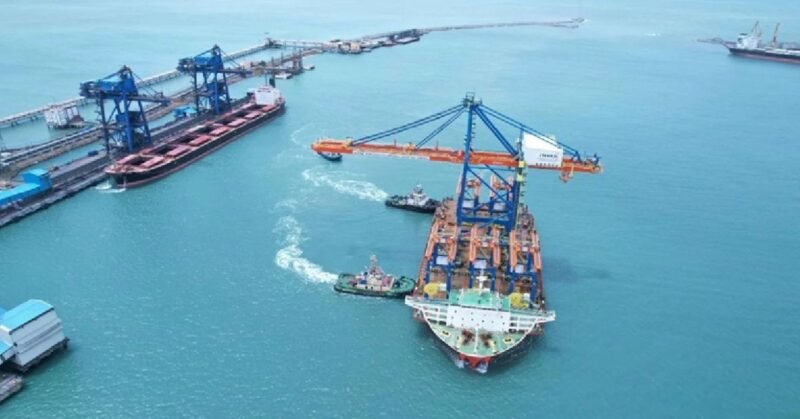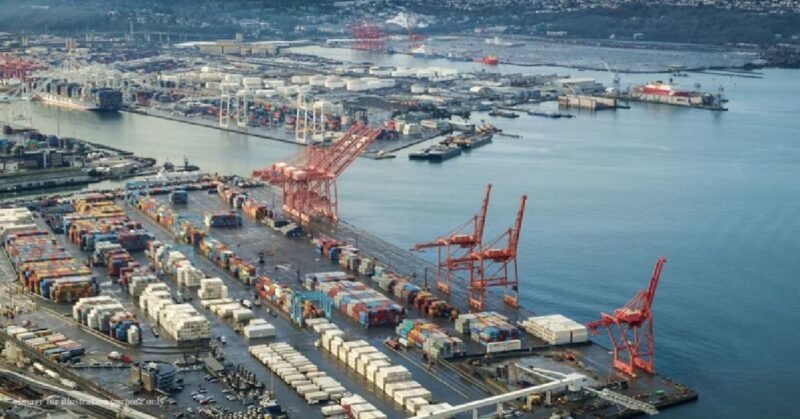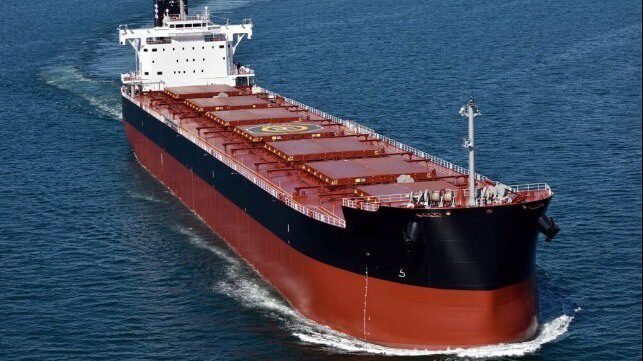The Zero Emission Maritime Buyers Alliance (ZEMBA), a group of container shippers seeking carbon-free ocean freight services, anticipates a sufficient supply of methanol-capable ships and green methanol fuel to support the purchase of e-fuel-powered shipping services next year. ZEMBA’s report, developed in collaboration with LR, is based on information gathered from e-fuel producers and shipping lines earlier this year. The organization plans to initiate a new tender for e-fuel-powered shipping in 2025, aiming to procure 3.5 billion TEU-nautical miles of zero-carbon freight service over three years. Despite not addressing pricing in the survey, ZEMBA is optimistic about meeting its goals with available fuel and ships.
The fuel supply forecast indicates an estimated 390,000 tonnes of heavy fuel oil equivalent in 2027 and over one million tonnes in 2030. While facing competition from other industries reliant on methanol, such as plastics manufacturing, ZEMBA highlights that a majority of the projected fuel supply comes from maritime-focused sources. ZEMBA’s tenders are designed to establish a market for zero-carbon fuels at scale and drive increased adoption. Shipping lines seeking to participate in ZEMBA’s tender process must transport a minimum of 1.15 billion TEU-nm annually using fuel that reduces greenhouse gas emissions by at least 90%, accompanied by emissions certification and fuel lifecycle assessments.
ZEMBA’s inaugural tender, held in April 2024, was won by Hapag-Lloyd, who will help members avoid 82,000 tonnes of CO2 emissions from 2025 to 2026 using biomethane. The organization emphasizes the importance of rapid deployment of hydrogen-derived e-fuels this decade to align the maritime sector with a 1.5-degree pathway towards full decarbonization by 2050. The survey also indicates delays in the availability of e-methane and e-ammonia for ocean freight, with the latter not expected until at least 2027 due to the absence of ammonia-capable ships in the market.






